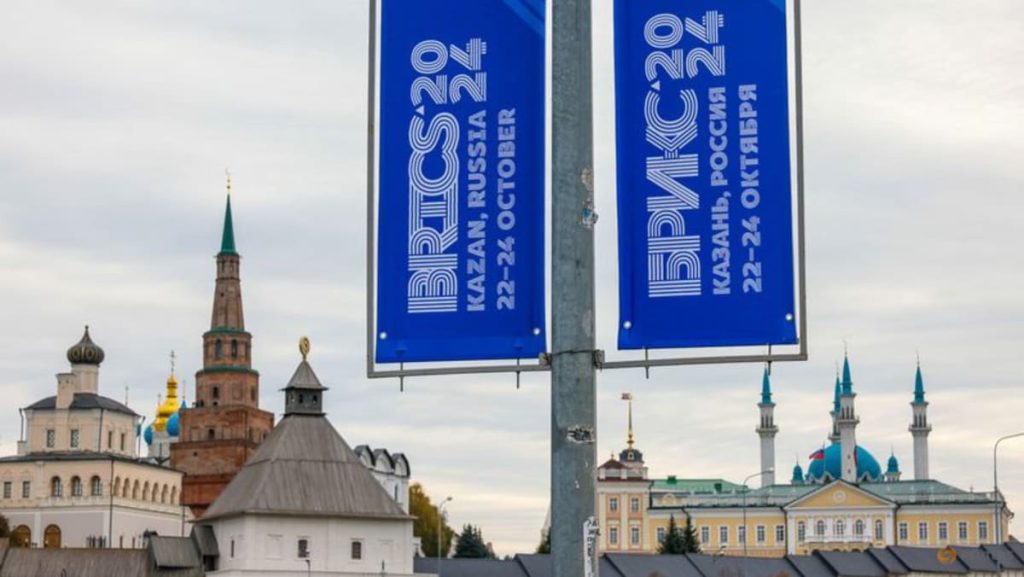The BRICS bloc, comprising Brazil, Russia, India, China, and South Africa, has formally welcomed Indonesia as its newest member, marking a significant expansion of the group of emerging economies. This move underscores the growing influence of the BRICS nations on the global stage and solidifies their commitment to advocating for the interests of the Global South. Indonesia, the world’s fourth most populous nation, brings substantial economic and geopolitical weight to the bloc, further bolstering its collective power and reach. This expansion reflects the shared vision of these nations for a reformed global governance system that more equitably represents the interests of developing countries.
Indonesia’s inclusion in BRICS was formalized following a consensus agreement among the existing member states. This decision, initially approved during the 2023 BRICS summit in Johannesburg, South Africa, reflects a deliberate strategy to broaden the bloc’s representation and amplify its voice in international affairs. While the initial approval occurred in 2023, Indonesia opted to finalize its membership following its presidential election, which saw President Prabowo Subianto assume office in October. This demonstrates a strategic approach by Indonesia, ensuring alignment with its domestic political landscape before formally joining the influential bloc.
Brazil, holding the BRICS presidency in 2025, played a key role in facilitating Indonesia’s entry. The South American nation emphasized Indonesia’s alignment with the BRICS core principles, particularly its support for reforming global governance institutions and its commitment to fostering cooperation within the Global South. This shared vision for a more equitable and representative global order forms the foundation of the BRICS partnership and underscores the potential for Indonesia to contribute meaningfully to the bloc’s objectives. The addition of Indonesia represents a strategic strengthening of the BRICS alliance, adding a significant voice from Southeast Asia.
The expansion of BRICS signifies a growing dissatisfaction among emerging economies with the existing global governance structures, often perceived as dominated by Western powers. By joining forces, these nations aim to create a more balanced and representative international order that better addresses the needs and priorities of developing countries. Indonesia’s inclusion adds a crucial Southeast Asian perspective to the bloc, diversifying its geographic representation and further strengthening its collective bargaining power. This move underscores a broader global shift towards multipolarity, with emerging economies playing an increasingly assertive role in shaping the international landscape.
Beyond the five core members, the BRICS grouping also includes Egypt, Ethiopia, Iran, and the United Arab Emirates. This broader network of countries further expands the bloc’s influence and reach, creating a powerful platform for collaboration and advocacy on a range of global issues. The inclusion of these nations reflects a growing recognition of the need for greater cooperation among developing countries to address shared challenges and promote common interests. This broader BRICS+ grouping represents a significant force for change in the global arena, challenging traditional power structures and advocating for a more equitable and inclusive world order.
The expansion of BRICS with the addition of Indonesia marks a pivotal moment in the evolution of global governance. It signifies a growing momentum towards a more multipolar world, where emerging economies play a more prominent role in shaping international affairs. The inclusion of Indonesia, a significant economic and political player in Southeast Asia, strengthens the bloc’s collective voice and enhances its ability to advocate for the interests of the Global South. This expansion underscores the shared commitment of BRICS nations to reforming global governance institutions and promoting a more equitable and representative international order, reflecting a broader shift in global power dynamics and the increasing influence of emerging economies.

